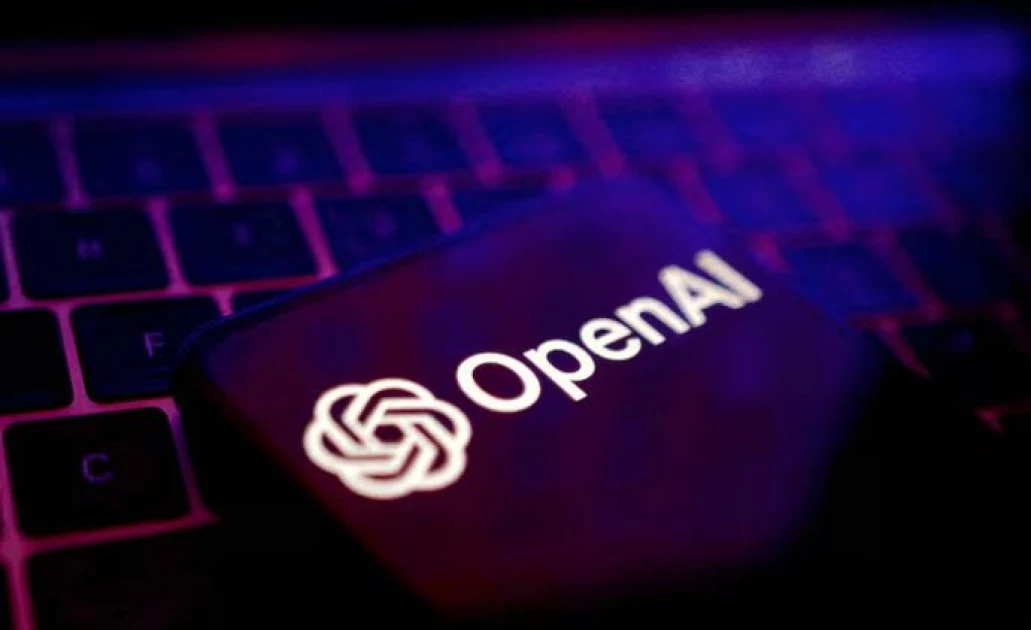Kenyans who trained OpenAI models decry low pay, poor working conditions

OpenAI logo is seen in this illustration taken May 20, 2024. REUTERS/Dado Ruvic/Illustration/File Photo

Audio By Vocalize
The damning findings allege that Samasource, well known as Sama, inked a deal with Open AI on transaction rates that workers would be paid $12.50 (Ksh.1,618) per hour but the workers ended up receiving an hourly pay of only $2 (Ksh.259).
Naftali Wambalo, a father of two with a degree in Mathematics, said that the amount was before tax hence stifling efforts to make ends meet.
He said he was tasked with teaching AI algorithms to identify people, items and places. He says it is unfortunate to be the hands behind the functionality of a global AI tool and the pay cannot be comparable to it.
"If the big tech companies are going to do this business they have to do it the right way. It is not because you realise Kenya is a third-world country you say you pay lower than needed. That has to stop," he said.
Sama, which employs over 3,000 workers, told 60 Minutes that the pay is fair for the region.
Wambalo however says that he encountered distressing tasks, noting that he was training the AI tools to sift through pornographic materials, hate speech and violence.
"I looked at people being slaughtered, people engaging in sexual activity with animals. People abusing children physically, and sexually. People committing suicide," he said.
Another employee, Fasica says that she was duped while applying for the job, saying that she had been offered to do a translation job and met a different task upon securing the job.
"I was basically reviewing content which is very graphic, very disturbing content. I was watching dismembered bodies or drone attack victims. You name it. You know, whenever I talk about this, I still have flashbacks," she said.
She added that the low wage could not allow her to make any savings and was forced to live paycheck-to-paycheck.
"I was living paycheck to paycheck. I have saved nothing because it is not enough," she said.
They even noted that when they finished tasks before the set deadlines, they would be rewarded with fast food and soft drinks.
Kenyan civil rights activist Nerima Wako-Ojiwa terms the outsourcing firm an "AI sweatshop" arguing that tech firms in Kenya are accustomed to infringing on human rights by equating cheap labour with overburdening desperate employees with work.
"Honestly it is like modern-day slavery because it is cheap labour. The contracts we see are very short term some of them monthly, weekly and some days," Wako-Ojiwa noted.
"We are so concerned with creating opportunities and we are not asking if are they good opportunities."
Wambalo and other workers who share the same laments say that the tasks have severely damaged them socially and psychologically. They say that the company has turned a blind eye in tending to their needs and providing a safe working environment.
"After countlessly seeing those sexual activities pornography on the job that I was doing, I hate sex," Wambalo noted.
"They know that we're damaged but they don't care. We're humans just because we're black, or just because we're just vulnerable for now, that doesn't give them the right to just exploit us like this," Fasica added.
Meta and OpenAI denied the claims, noting that they're committed to providing safe working conditions including fair wages and access to mental health counseling.
Another AI training company named Scale AI was also linked to the complaints as workers were being mistreated through their website called Remotasks.
A group of Kenyans who worked under Remostasks, which remotely pays employees based on tasks completed, said that their accounts would be closed before payday.
The platform has in recent years been popular among young unemployed Kenyans seeking remote working opportunities and those in low-paying jobs or pursuing part-time gigs.
They closed shop in Kenya in March 2024.
In July last year, Kenyan content moderators went after ChatGPT builders OpenAI and Samasource, wanting parliament to enact laws regulating the outsourcing of harmful and dangerous technology work and protecting workers who are engaged through outsourcing agreements.
Sama's employees alleged exploitation and underpayment during the creation of the popular chatbot and wanted the Kenyan government to investigate the companies and regulate the work of tech companies operating in the country.
They also argued that they were not afforded psychosocial support and that due to the exposure to the work, they have developed severe mental illnesses including PTSD, paranoia, depression, anxiety, insomnia and sexual dysfunction.


Leave a Comment